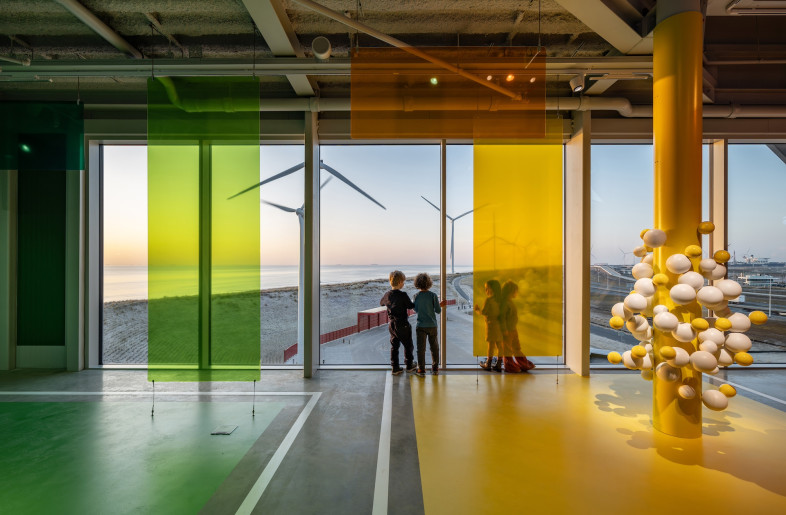An Islamic cultural centre shows the younger face of the Muslim community in Europe

The Estudio Amatam team had never done a religious space before. Quite the contrary: most of the practice’s portfolio in its native Portugal is devoted to a very different type of modern communal space –
Create a free account to read the full article
Get 2 premium articles for free each month
Related Articles
MORE Religious Space
This inside-out V&A could be the museum of the future

A Dartmouth College music studio enables users to ‘play’ the architecture like an instrument

TeamLab's undulating museum dissolves spatial logic to awaken intuitive experience

Openings: Nature meets tech in the latest exhibitions and outposts

Is the architecture firm as we know it dead?

‘Design must shift from making things to making sense of things’

In Alicante, theatrical staging transforms an industrial shell into a space for EV innovation

Port becomes public space thanks to MVRDV’s ‘gesamtkunstwerk’ experience centre

Openings: Considered viewing for the discerning eye
